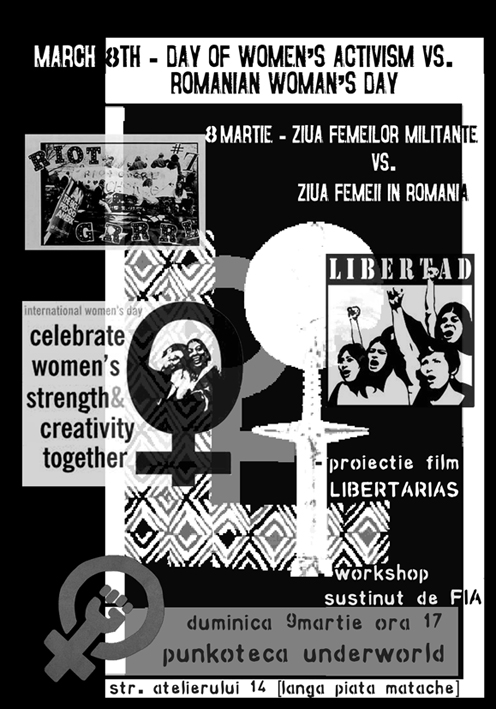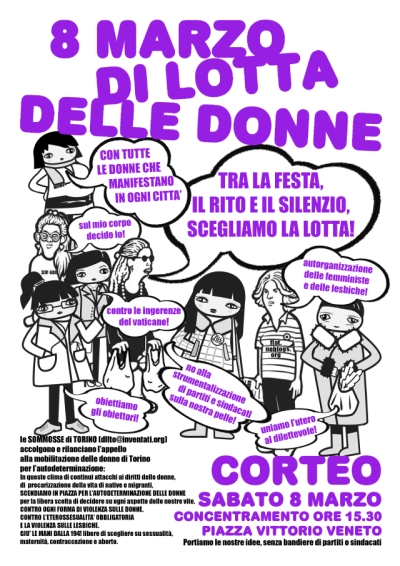The average woman worldwide is giving birth to fewer children than ever. Nonetheless, an estimated 136 million babies were born in 2007, bringing the global population to about 6.7 billion. Governments must improve access to good health care and family planning to see further declines in childbearing and increases in life expectancy…
More: Population, Nature, and What Women Want
For the Worldwatch Institute, human population has always been a sustainability issue. Our earliest writings confirmed a stable balance between population and the environment as an essential ingredient of the equitable and enduring society our mission advances. And over the years we have highlighted the polices needed in all nations to encourage this balance through healthy reproduction, voluntary family planning, gender equality, and the free decisions of women and couples about childbearing.
Since our founding, however, the issues surrounding population have become ever more sensitive and delicate, discouraging many environmentalists and policymakers from taking on the topic. Now, Worldwatch Vice President for Programs Robert Engelman, a 16-year veteran of the population and reproductive health field, has broken new ground in his own fresh take on this perennially difficult issue. In More: Population, Nature, and What Women Want, Engelman leads readers on a journey from humanity’s first steps on two feet to the 21st century and beyond to explore whether women want more children or more for their children, and how their childbearing intentions have fared in a male-dominated world. The answers he finds not only surprise but offer new hope for real and lasting global sustainability.
Rich in historical detail, contemporary stories, and provocative ideas, More is the keystone of a new initiative at the Worldwatch Institute to return population and women’s reproductive decision-making to their critical role in the environment, the economy, and human rights.
Vital Signs Update: Fertility Falls, Population Rises, Future Uncertain.


